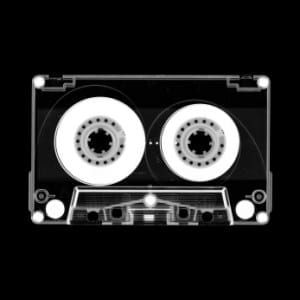Controversial New Technology and Its Effect on Independent Artists
"We help musicians do three things.
1. Get deals.
2. Get fans.
3. Get better.
We help them do all three things better than any other source."
Sounds like what every independent music artist wants, right? This is what is promised by the service Music Xray. And what’s more is they claim to provide these things through technology.

Promoting itself as “21st Century A&R,” the company analyzes songs with software to supposedly determine whether or not it will be a hit. Artists upload their songs to the service (for a fee), and after analyzation, the song also is sent to music industry professionals to listen and perhaps reach out to the artist. Music fans also can use the service to find music that they may be interested in listening to.
Can Machines Determine the Promise of a Song?
This article isn’t for or against Music Xray -- it will probably be a better fit for some artists than others. What it does explore is how much of a role technology can and should play in music discovery. The digital versus analog debate has raged for many years in recording studios, and is not likely to end anytime soon, but it is only in recent years that technology is also playing a role in how successful (or unsuccessful) a song may be.
Music Xray (understandably) doesn’t delve into exactly how its software works, but it is just one of many products on the market today to use similar tech. For example, the music played on Pandora after you create a channel and preferences is chosen through an algorithm designed to predict songs that you will enjoy.
How Much Music Technology is Too Much?
It is impossible to know how much record labels rely on algorithms to determine what songs will be hits (Music Xray’s or any other software), but it’s probably a safe bet to assume that even if they do use software, there is a real set of ears that listens to the song before any contact is made with artists.




